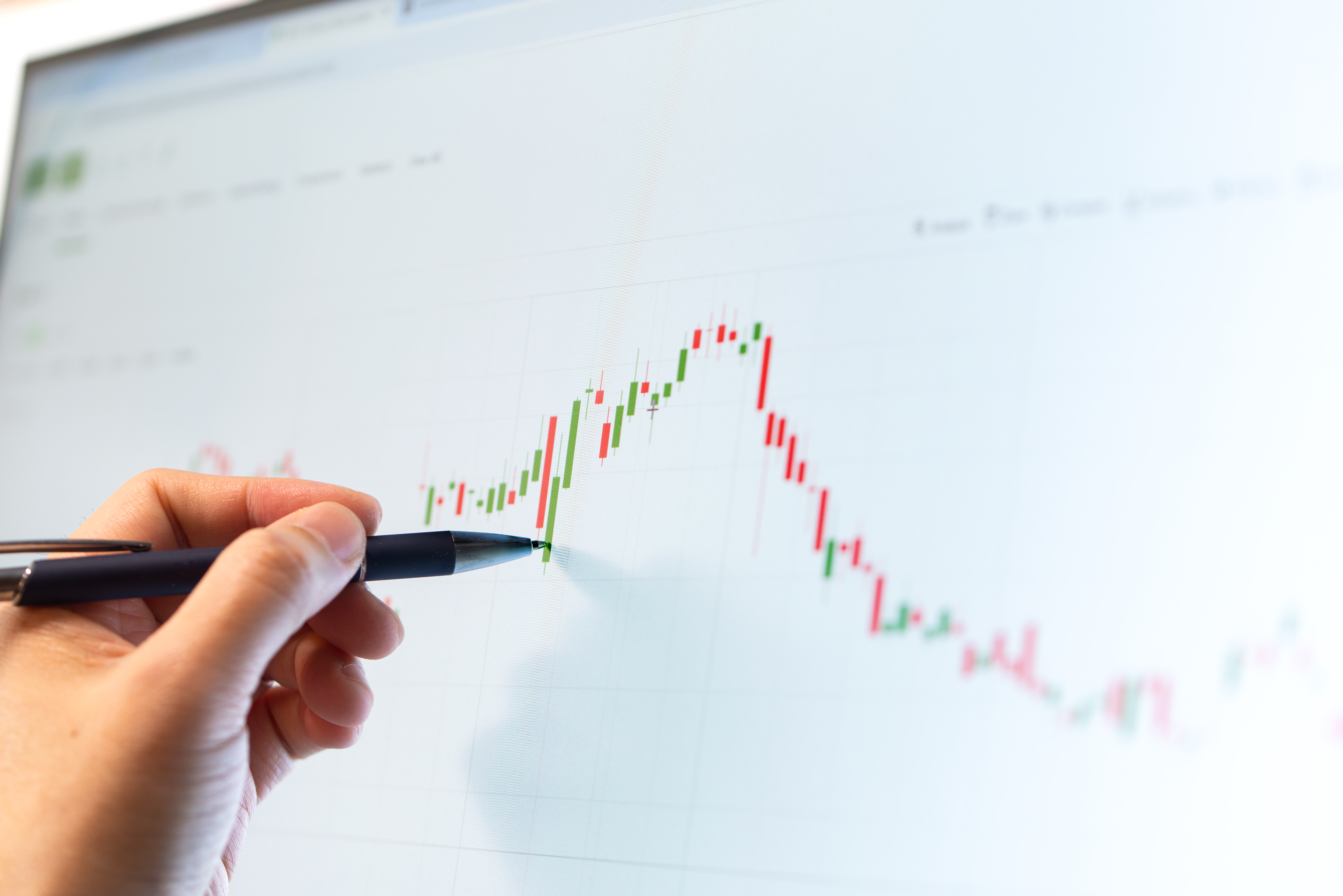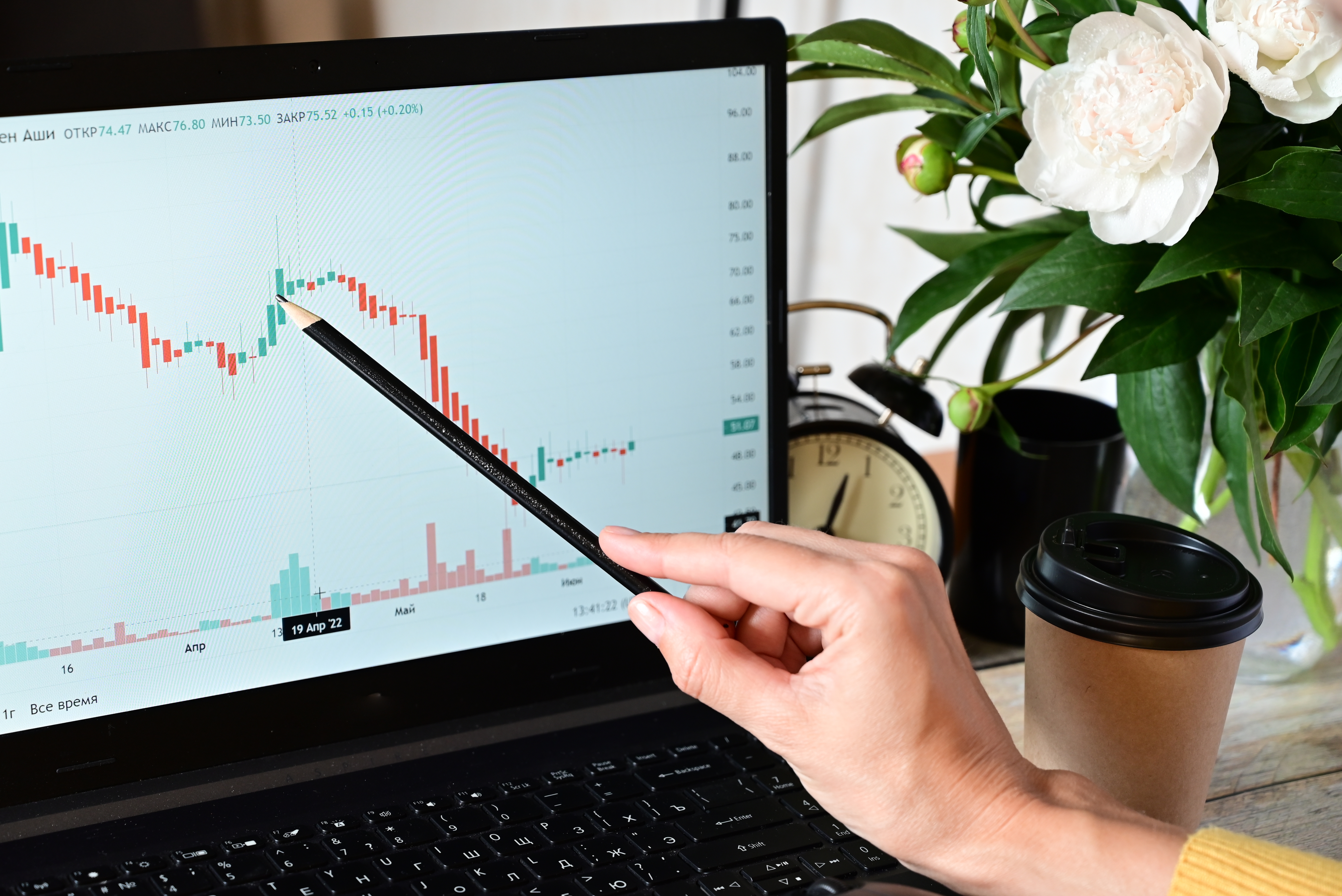12 Stock Trading Habits That Separate Pros from Rookies
In the ever-evolving world of stock trading, distinguishing oneself as a professional rather than a rookie requires more than just luck or intuition. It demands the cultivation of disciplined habits, strategic thinking, and a profound understanding of market dynamics. While rookies often find themselves swayed by emotional impulses and short-lived trends, seasoned traders develop a methodical approach that allows them to navigate the volatile waters of the stock market with precision and confidence. This article delves into 12 essential habits that separate the pros from the novices, offering insights that can transform a beginner into a market-savvy trader. By meticulously exploring each habit, we aim to equip aspiring traders with the knowledge and tools necessary to master the market and achieve sustained success.
1. Comprehensive Research and Analysis

Professional traders understand that knowledge is power, and they invest significant time in thorough research and analysis before making any trading decisions. Unlike rookies who might rely on tips or gut feelings, pros delve into financial statements, market trends, and economic indicators. They utilize both fundamental and technical analysis to gain a comprehensive view of potential investments. This habit involves staying updated with global news, understanding industry dynamics, and analyzing historical data to predict future market movements. By building a solid foundation of knowledge, professional traders can make informed decisions that minimize risks and maximize returns.
2. Developing a Robust Trading Plan

A well-crafted trading plan is the backbone of successful trading. Professionals meticulously outline their strategies, defining clear entry and exit points, risk management criteria, and long-term goals. This plan acts as a roadmap, guiding traders through the complexities of the market and helping them stay focused amidst volatility. Unlike impulsive trading based on emotions, a structured plan ensures consistency and discipline. Pros regularly review and adjust their plans based on market conditions, ensuring they remain aligned with their objectives. This habit not only enhances decision-making but also instills confidence and reduces the likelihood of costly mistakes.
3. Embracing Risk Management

Risk management is a critical habit that distinguishes professional traders from rookies. Pros understand that every trade carries inherent risks, and they implement strategies to protect their capital. This involves setting stop-loss orders, diversifying their portfolio, and adhering to a predetermined risk-reward ratio. By managing risk effectively, traders can safeguard their investments and ensure longevity in the market. Professionals also recognize the importance of not over-leveraging positions, maintaining a balanced approach that aligns with their risk tolerance. This habit is essential for preserving capital and achieving consistent, long-term growth.
4. Maintaining Emotional Discipline

Emotional discipline is a hallmark of professional trading. Pros are adept at controlling emotions such as fear and greed, which can cloud judgment and lead to impulsive decisions. They cultivate a mindset of patience and resilience, understanding that market fluctuations are inevitable. By maintaining emotional equilibrium, they can stick to their trading plans and avoid knee-jerk reactions to market noise. This habit involves recognizing emotional triggers and employing techniques such as mindfulness or journaling to stay focused. Emotional discipline is crucial for making rational decisions and staying committed to long-term strategies.
5. Continuous Learning and Adaptation

The financial markets are dynamic, and professional traders recognize the importance of continuous learning and adaptation. They stay abreast of new trading strategies, technological advancements, and regulatory changes. This habit involves attending seminars, reading industry publications, and engaging with online trading communities. By embracing lifelong learning, pros can refine their skills, adapt to evolving market conditions, and maintain a competitive edge. Continuous education also fosters innovation, enabling traders to explore new opportunities and enhance their overall performance.
6. Leveraging Technology and Tools

Professional traders leverage advanced technology and tools to enhance their trading efficiency. They utilize trading platforms, analytical software, and algorithmic trading systems to gain insights and execute trades with precision. These tools provide real-time data, automate repetitive tasks, and offer sophisticated analysis capabilities. By integrating technology into their trading practices, pros can make quicker decisions, improve accuracy, and optimize their strategies. This habit underscores the importance of staying technologically savvy and embracing innovations that can enhance trading performance.
7. Cultivating Patience and Timing

Patience and timing are crucial elements of successful trading. Professionals understand that not every moment is opportune for trading, and they wait for the right conditions to align with their strategies. This habit involves exercising restraint and avoiding the temptation to chase after every market movement. By cultivating patience, pros can capitalize on high-probability setups and avoid unnecessary risks. Timing is equally important, as it ensures that trades are executed at optimal moments, maximizing potential gains. This disciplined approach to patience and timing is a key differentiator between pros and rookies.
8. Networking and Mentorship

Networking and mentorship play a vital role in a trader's development. Professionals actively engage with other traders, industry experts, and mentors to exchange ideas and gain valuable insights. This habit involves attending trading conferences, joining online forums, and participating in professional associations. By building a strong network, traders can access diverse perspectives, learn from others' experiences, and receive guidance from seasoned mentors. Networking also fosters collaboration and opens doors to new opportunities. This habit emphasizes the importance of community and continuous improvement through shared knowledge.
9. Evaluating Performance and Reflecting

Professional traders regularly evaluate their performance and reflect on their trading activities. This habit involves keeping detailed records of trades, analyzing outcomes, and identifying areas for improvement. By reviewing past trades, pros can learn from their successes and mistakes, refining their strategies accordingly. Reflection also helps traders understand their strengths and weaknesses, enabling them to make informed adjustments to their approach. This habit fosters a culture of accountability and continuous improvement, ensuring that traders remain on a path of growth and development.
10. Staying Informed on Global Events

Global events can have a significant impact on financial markets, and professional traders stay informed about geopolitical developments, economic data releases, and policy changes. This habit involves monitoring news outlets, subscribing to financial alerts, and analyzing the potential implications of global events on market trends. By staying informed, pros can anticipate market movements and adjust their strategies accordingly. This proactive approach ensures that traders are not caught off guard by sudden shifts and can make well-informed decisions that align with their objectives.
11. Practicing Resilience and Adaptability

Resilience and adaptability are essential traits for thriving in the unpredictable world of stock trading. Professionals understand that setbacks are part of the journey, and they develop the resilience to bounce back from losses. This habit involves maintaining a positive mindset, learning from failures, and adapting strategies to changing market conditions. By embracing adaptability, traders can pivot when necessary and seize new opportunities. Resilience and adaptability are crucial for maintaining motivation, overcoming challenges, and achieving long-term success in the market.
12. Focusing on Long-Term Goals

Professional traders prioritize long-term goals over short-term gains. They understand that sustainable success requires a strategic vision and a commitment to achieving overarching objectives. This habit involves setting realistic goals, developing a clear roadmap, and maintaining focus on the bigger picture. By prioritizing long-term goals, pros can avoid the pitfalls of short-term thinking and impulsive trading. This approach fosters discipline, patience, and a strategic mindset, enabling traders to build wealth and achieve financial independence over time.
The Path to Mastery

Mastering the market is a journey that requires dedication, discipline, and the cultivation of essential habits. By adopting the twelve habits outlined in this article, aspiring traders can transition from rookies to seasoned professionals. These habits encompass comprehensive research, strategic planning, risk management, emotional discipline, continuous learning, and more. Together, they form a holistic approach to trading that empowers individuals to navigate the complexities of the stock market with confidence and precision. As traders embark on this path to mastery, they will discover that success is not merely about making profits but about developing a resilient mindset and a lifelong commitment to growth and excellence.







